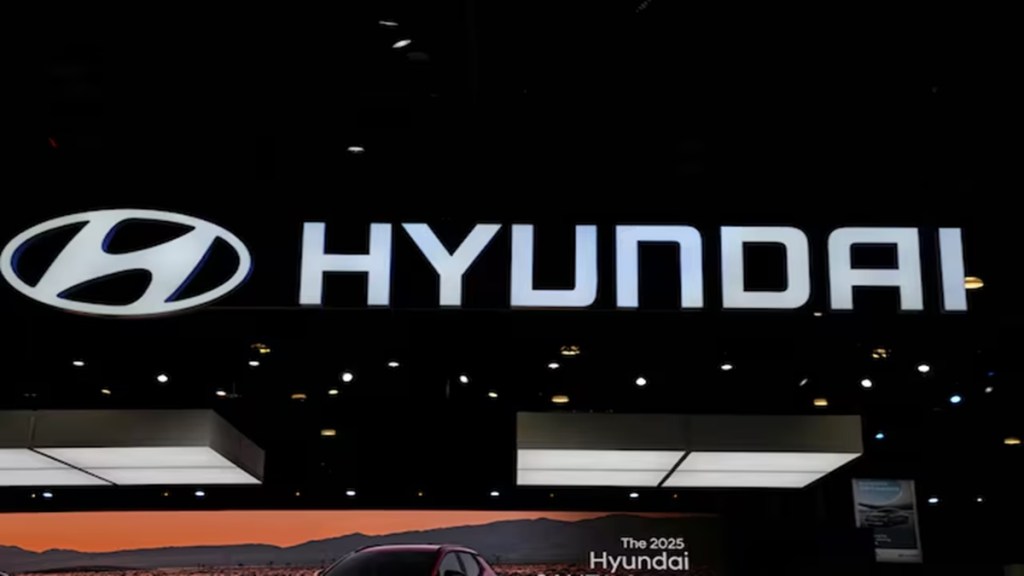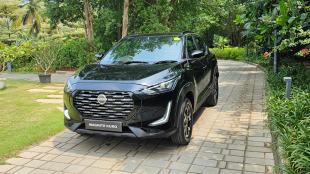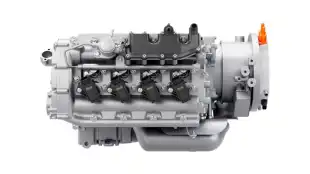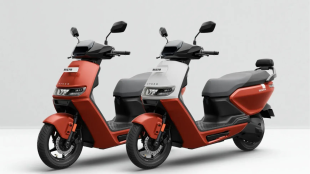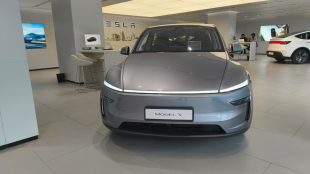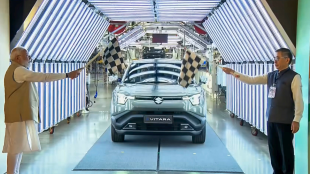Hyundai has officially commenced production of engines at its newly-acquired Talegaon facility near Pune in Maharashtra. The carmaker confirmed the same through a regulatory filing in BSE. The release states that production at the Talegaon Plant—located in MIDC’s Phase-II Expansion area in Tehsil-Maval, Pune District — has begun effective June 16, 2025.
This latest development is in sync with Hyundai’s commitment to expand its manufacturing footprint in India. Interestingly, the engine production at Hyundai’s Talegaon facility precedes the launch of full vehicle manufacturing at the same facility. The South Korean carmaker said that a separate notification regarding production of passenger vehicles at the Talegaon facility.
In 2023, Hyundai acquired the Talegaon plant from General Motors as part of its long-term plan to expand domestic manufacturing capacity. This acquisition plays a crucial role in Hyundai’s broader strategy to boost production volumes and meet the rising demand for its vehicles in both Indian and international markets. The latest move helps Hyundai deepen its roots in India which is now the third-largest car market in the world.
Hyundai’s Talegaon plant is expected to become fully operational and start rolling out finished vehicles in Q4 of 2025. It has a production capacity of 1,30,000 vehicles and 1,60,000 engines per annum. The plant is set to undergo a revamp as part of Hyundai’s Rs 6,000 crore investment plan in India. The carmaker is also upgrading its Chennai plant with an investment of Rs 1,500 crore.
Hyundai-Talegaon history
The Talegaon facility was built by General Motors in 2008. Following the latter’s exit from the Indian passenger vehicle market in 2017, the plant primarily served the export markets and remained operational until 2022 before Hyundai acquired it in 2023. Now incorporated into Hyundai’s manufacturing network, the plant will supplement the existing Sriperumbudur facility near Chennai.
This will help Hyundai alleviate capacity pressures and accommodate future combustion engine and EV production. engine manufacturing for passenger vehicles commenced on June 16, 2025, with full vehicle production slated to begin later this year. The facility will also play a key role in supporting export operations and enhancing localisation efforts.
